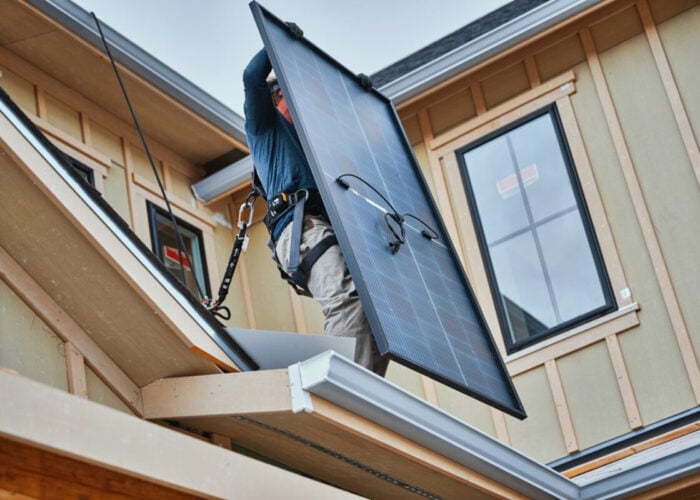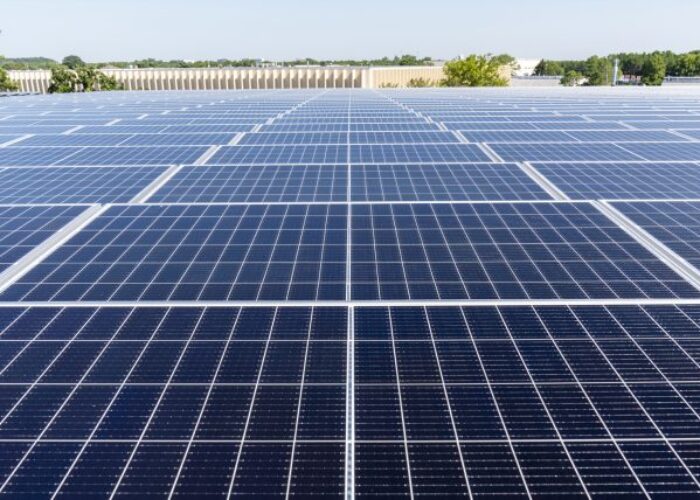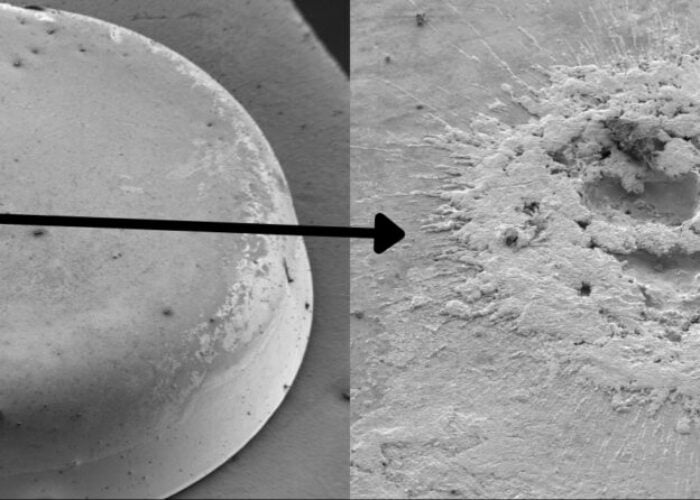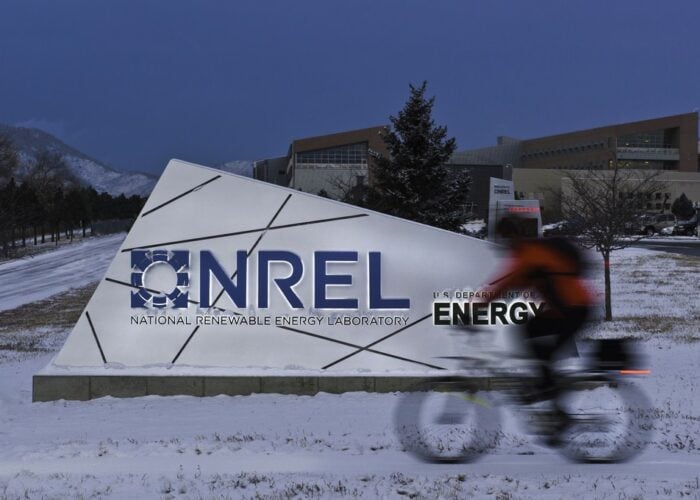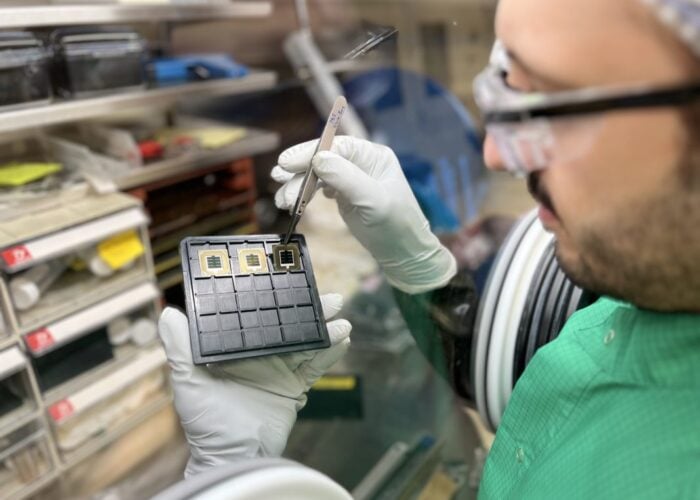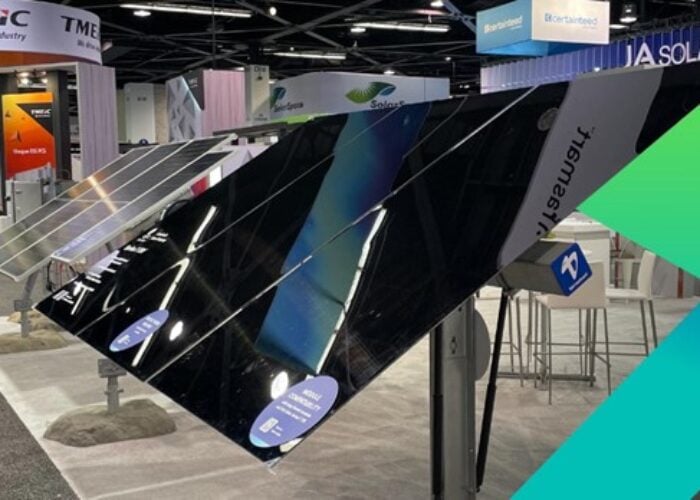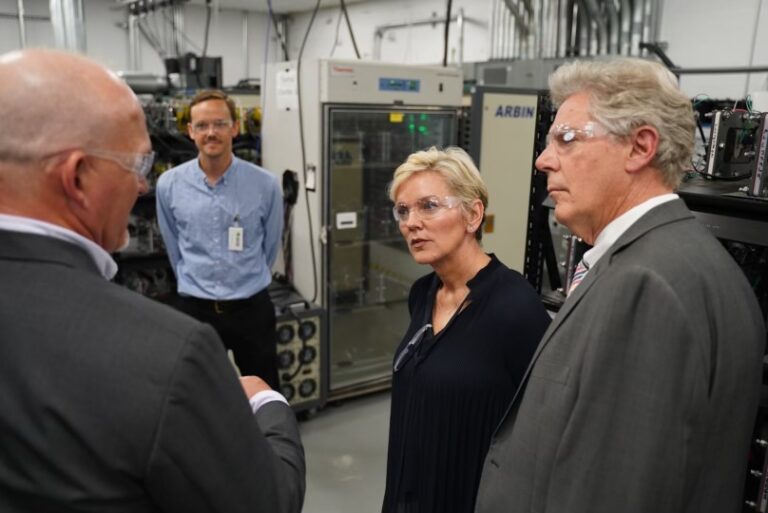
The US Department of Energy is looking for public input into how US$675 million of funding for R&D into Critical Materials should be best directed.
Funded by the Biden’s administration’s Bipartisan Infrastructure Law, the programme will address “vulnerabilities in the domestic critical materials supply chain”, which the DOE said was both a threat to clean energy industry’s financials and the wider energy transition.
Unlock unlimited access for 12 whole months of distinctive global analysis
Photovoltaics International is now included.
- Regular insight and analysis of the industry’s biggest developments
- In-depth interviews with the industry’s leading figures
- Unlimited digital access to the PV Tech Power journal catalogue
- Unlimited digital access to the Photovoltaics International journal catalogue
- Access to more than 1,000 technical papers
- Discounts on Solar Media’s portfolio of events, in-person and virtual
On 9 August, the DOE issued a Request for Information (RFI) on how to develop its Critical Materials Research, Development, Demonstration and Commercialisation Program, for which the US$675 million of funding was made available through that legislation.
Even during the Trump era, critical materials were identified to be of national importance, considering all perspectives from energy and national security issues to domestic industrial competitiveness and more.
The DOE mentioned rare-earth elements, nickel, cobalt and lithium among those Critical Materials in a press release yesterday. It highlighted the materials’ importance in manufacturing clean energy technologies from batteries and solar PV modules to electric vehicles (EVs) and wind turbines.
The Critical Materials Program was established in 2020 through the US Energy Act of that year, before it was expanded by its inclusion in the Bipartisan Infrastructure Law. The programme seeks to develop components, materials and technologies as well as focusing on developing circular economy approaches and sustainable production, use and end-of-life treatment.
“We can follow through on President Biden’s clean energy commitments and make our nation more secure by increasing our ability to source, process, and manufacture critical materials right here at home,” US Secretary of Energy Jennifer Granholm said.
“The Bipartisan Infrastructure Law is supporting DOE’s effort to invest in the building blocks of clean energy technologies, which will revitalize America’s manufacturing leadership and bring along the benefits of good paying jobs.”
The RFI is open until 5pm on 9 September with respondents invited to email the DOE programme directly to [email protected].
This article originally appeared on PV Tech’s sister site Energy-storage.news on 10 August. The original article can be accessed here.

